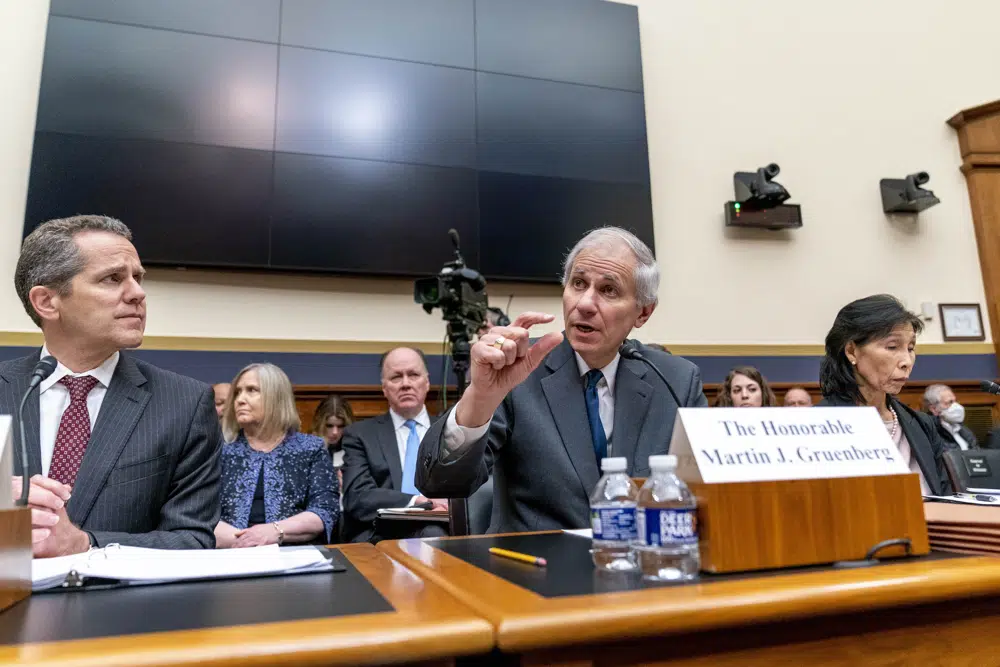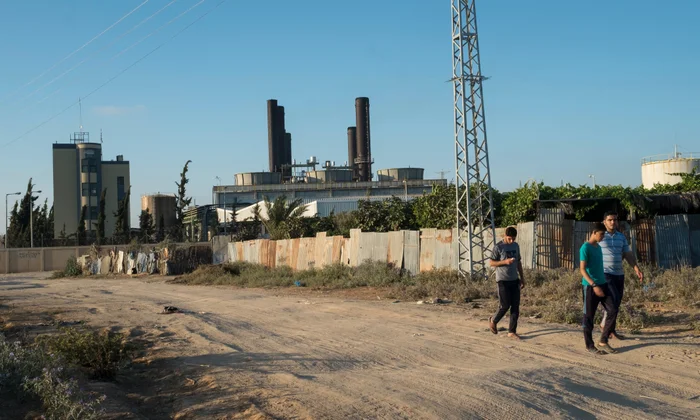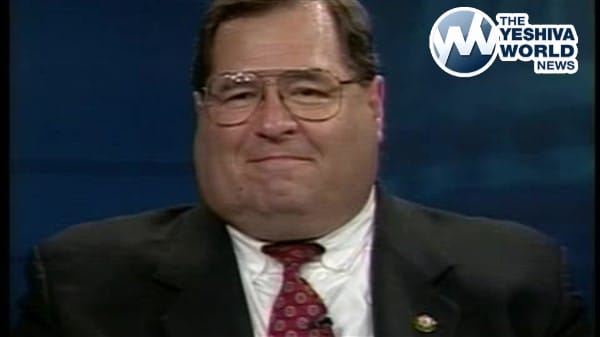Republican lawmakers accused top bank regulators Wednesday of dawdling as Silicon Valley Bank hurtled toward the second-largest bank failure in U.S. history and questioned whether tougher regulations would have made a difference.
Regulators closed the bank March 10, shaking the U.S. financial system and triggering fears of a broader banking crisis. But Federal Reserve supervisors had first raised questions about Silicon Valley’s risky practices far earlier — in 2021 — and had warned the bank’s management about them in the fall of that year.
“That doesn’t sound like a very urgent supervisory process,” Rep. French Hill, an Arkansas Republican, said at Wednesday’s hearing of the House Financial Services Committee into the collapse of Silicon Valley Bank and of New York-based Signature Bank on March 12. Signature Bank’s collapse was the third-biggest in the nation’s history.
In response to the crisis, some Democrats are calling for stricter bank regulations. Specifically, they want to undo a law, championed by the Trump administration five years ago, that rolled back the strictest regulations on all but the very biggest banks — those with assets of more than $250 billion.
The 2018 law allowed the Fed to apply tougher oversight only on a case-by-case basis of banks with assets between $100 billion and $250 billion, a category that included both Silicon Valley Bank and Signature Bank. The Fed official who oversees bank regulation, Michael Barr, agreed Wednesday that the Fed had had ”substantial discretion″ to deal with Silicon Valley Bank.
The Fed is conducting its own review of its supervision of Silicon Valley Bank, due May 1. Barr said the review would, among other things, look into why Fed officials couldn’t compel the bank’s management to fix the problems.
Before enacting tough new regulations on banks, said Rep. Blaine Luetkemeyer, a Missouri Republican, “How about enforcing the existing ones first?″
Rep. Jim Himes, a Connecticut Democrat, also questioned Barr about the apparent lack of follow-up by Fed regulators once they had rated Silicon Valley Bank’s management “deficient” in July 2022. Himes suggested that Congress consider requiring banks to respond to concerns raised by supervisors in a timely manner.
“We need to tighten up the process,” Himes said. “We need to think about automatic mechanisms that when a finding of deficiency is made… kick in.”
Regulators have said that Silicon Valley Bank, the go-to institution for California tech startups, was an “idiosyncratic″ case and that the overall U.S. banking system remains sound. Silicon Valley had made a high-risk bet that interest rates would fall. When they instead rose as the Fed aggressively increased its benchmark rate to fight inflation, the value of the bank’s vast bond portfolio plummeted.
News of its financial distress led panicked large depositors to yank money out of the bank — a stunning $42 billion on March 9. Depositors were expected to withdraw an additional $100 billion the next day. In response, regulators intervened to take control of the bank and stop the bank run.
The vast majority of Silicon Valley Bank’s deposits exceeded the federal deposit insurance limit of $250,000. Worried that its failure would shake public faith in American banks, the federal government decided to protect all deposits at Silicon Valley Bank and Signature Bank, even those exceeding $250,000.
(AP)











